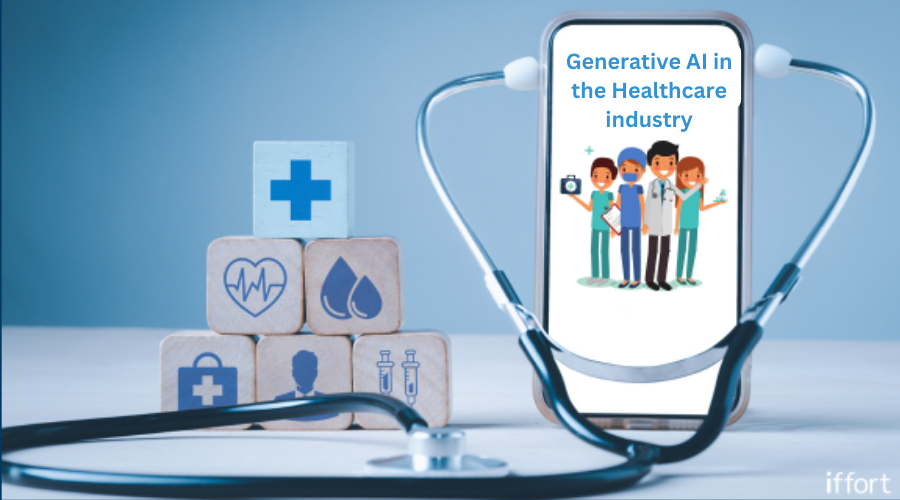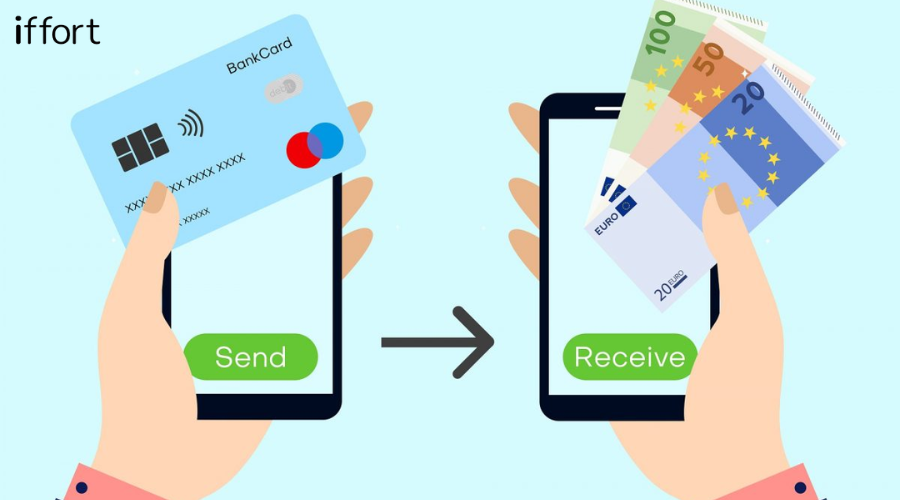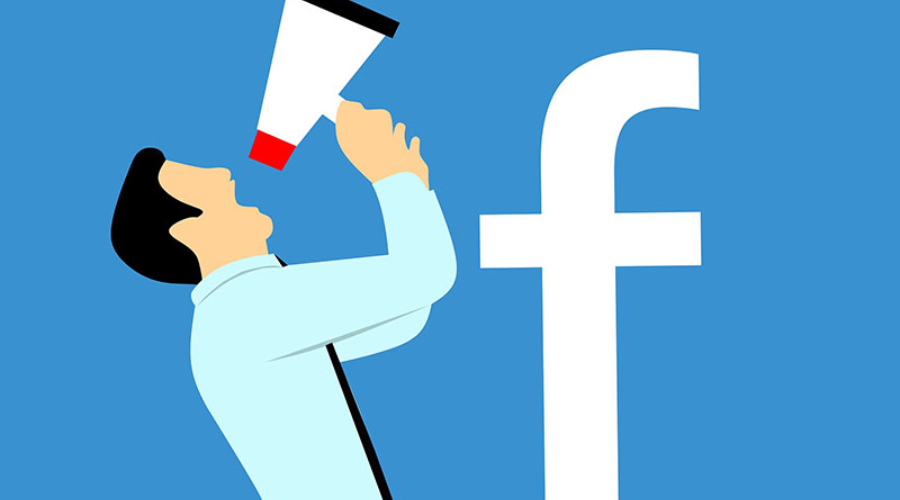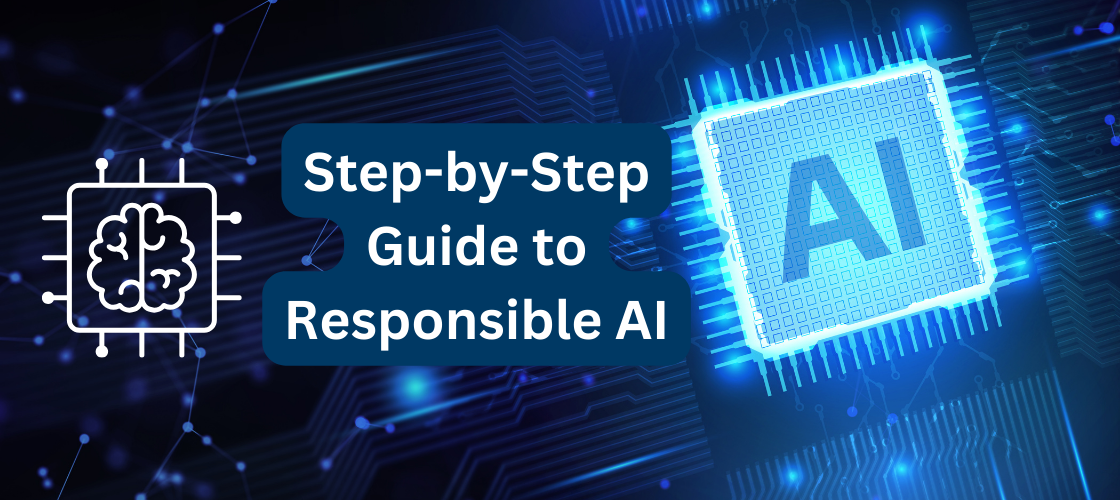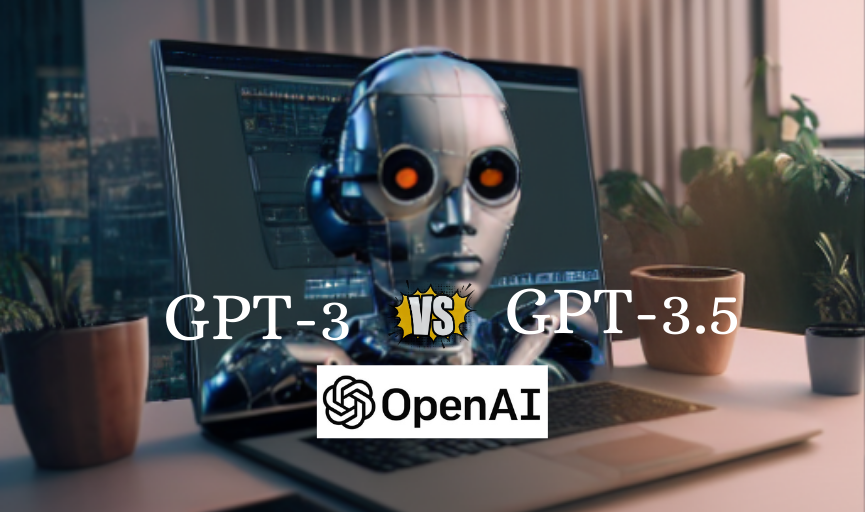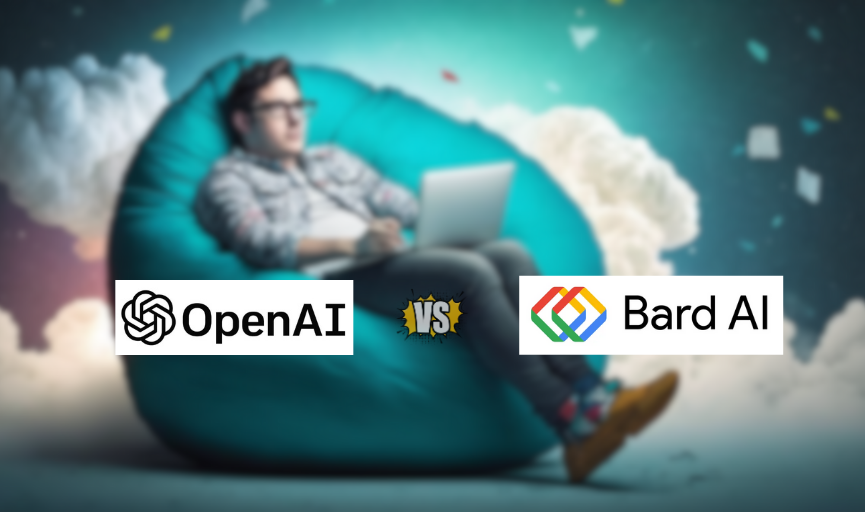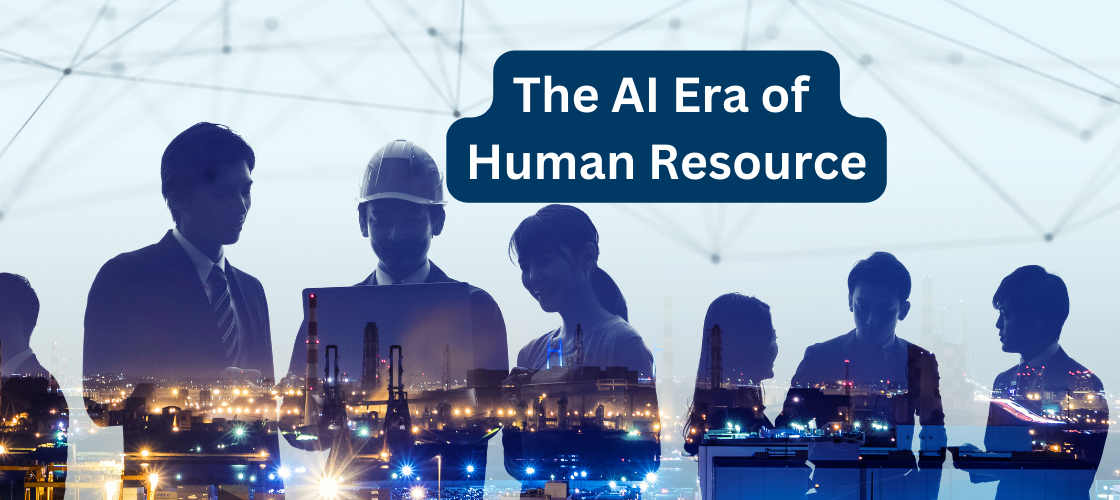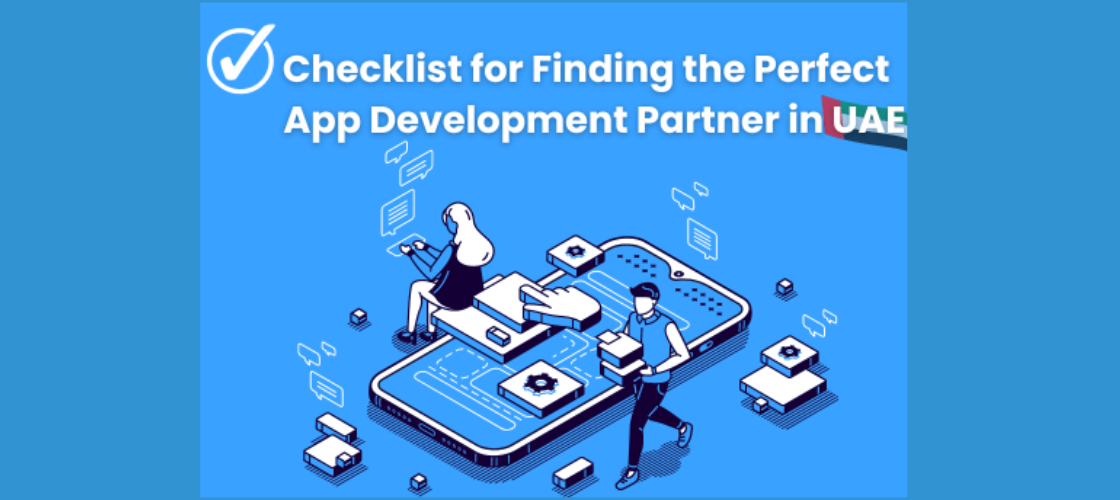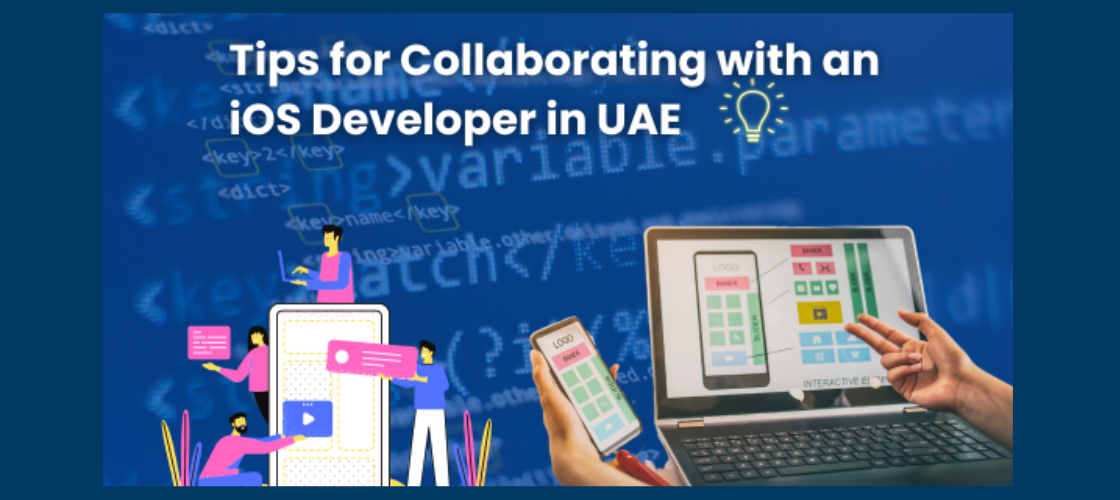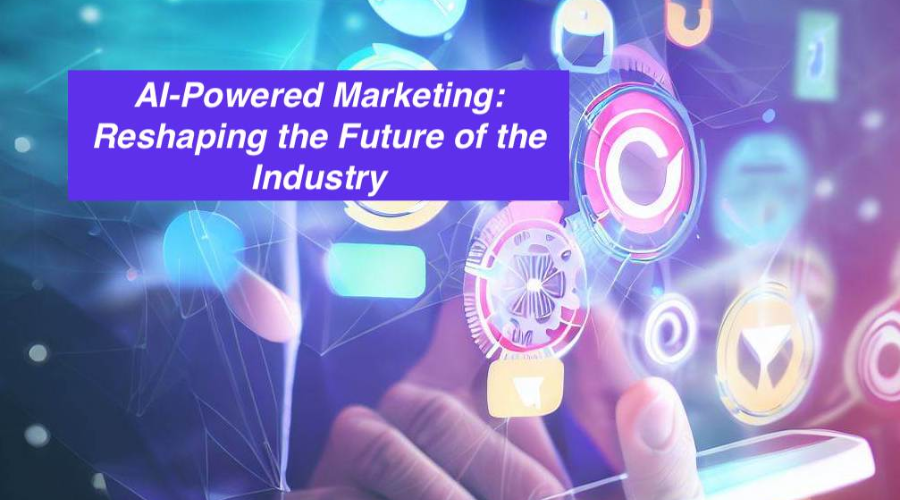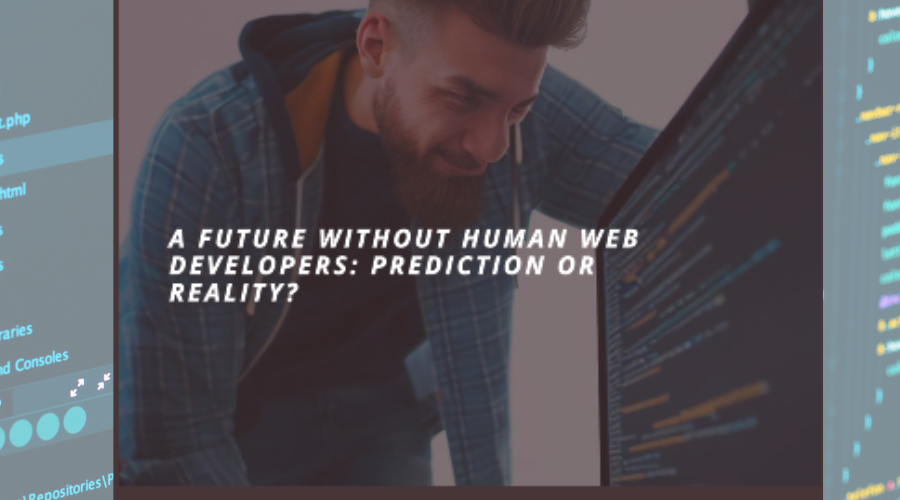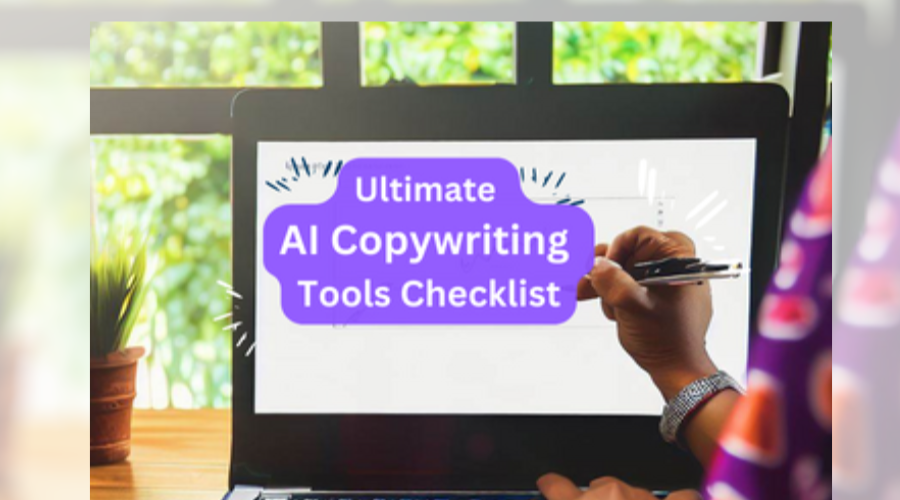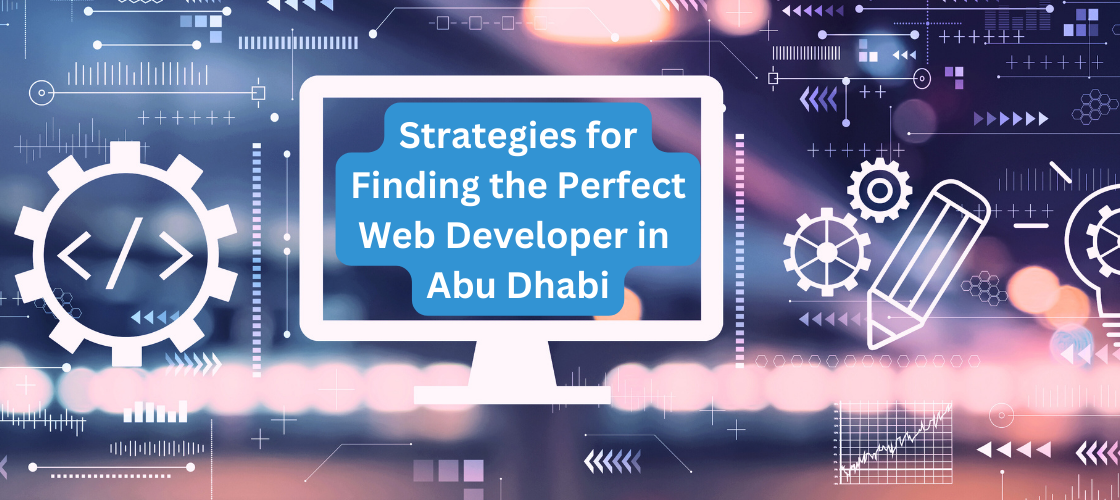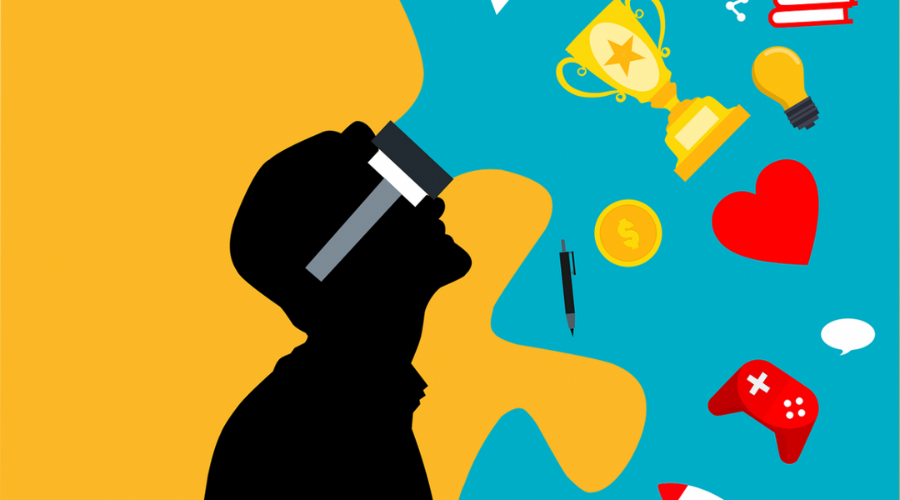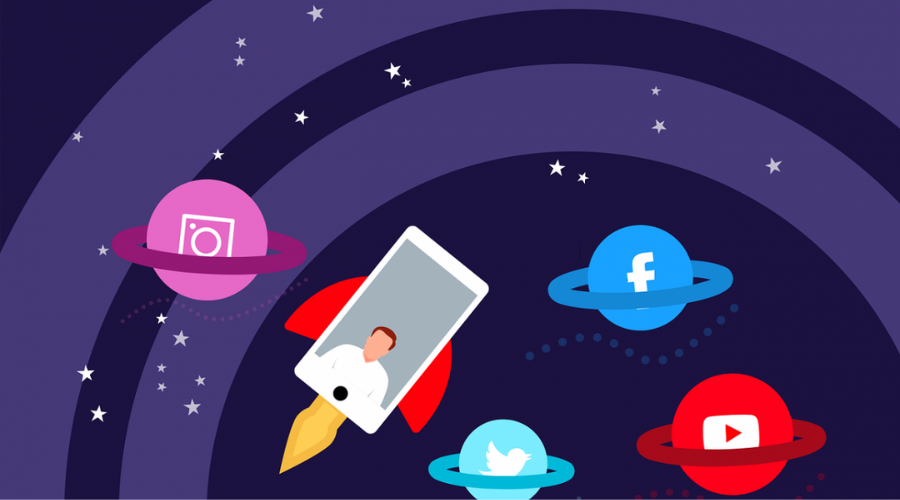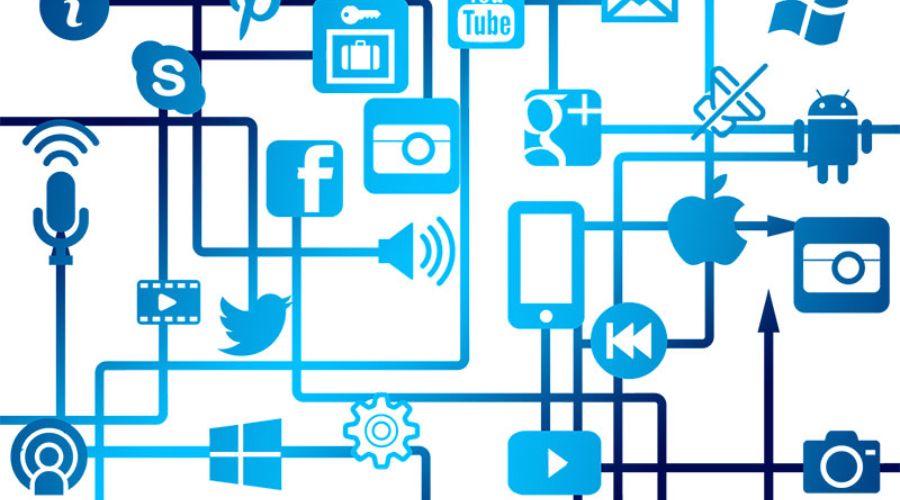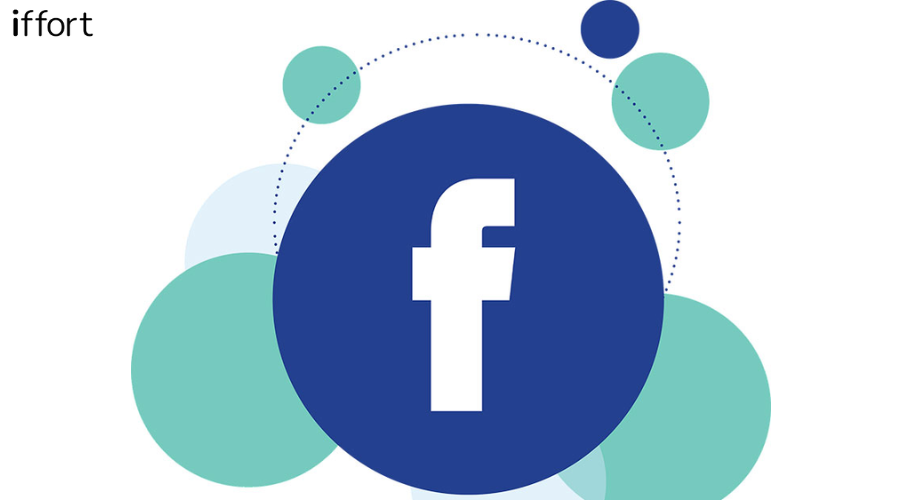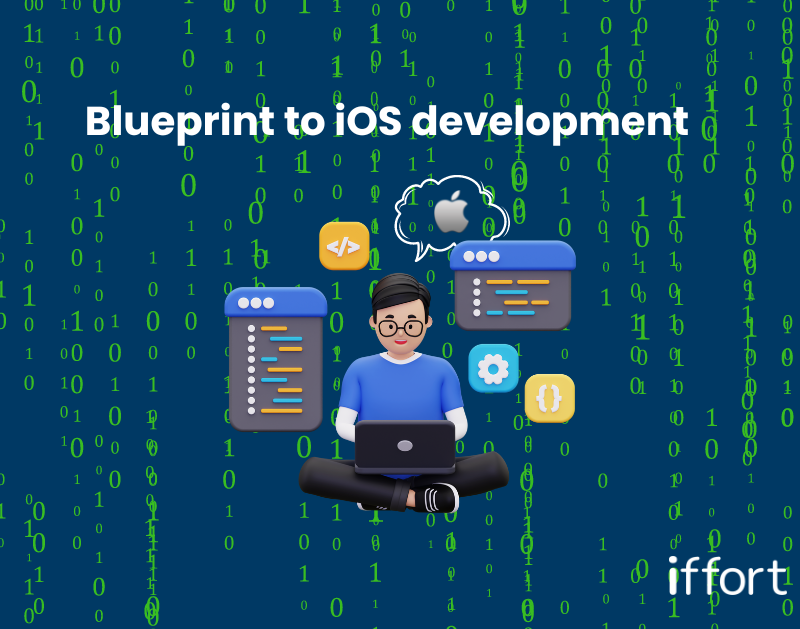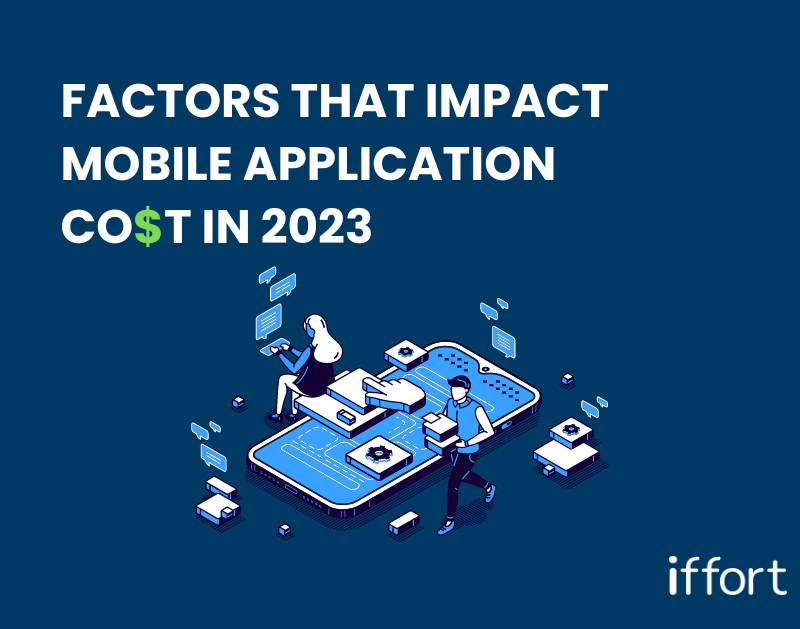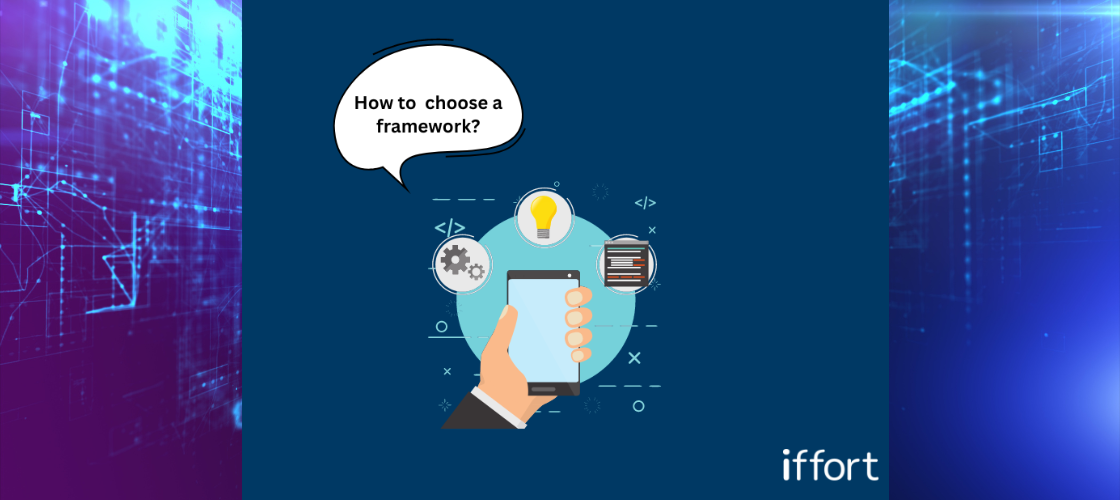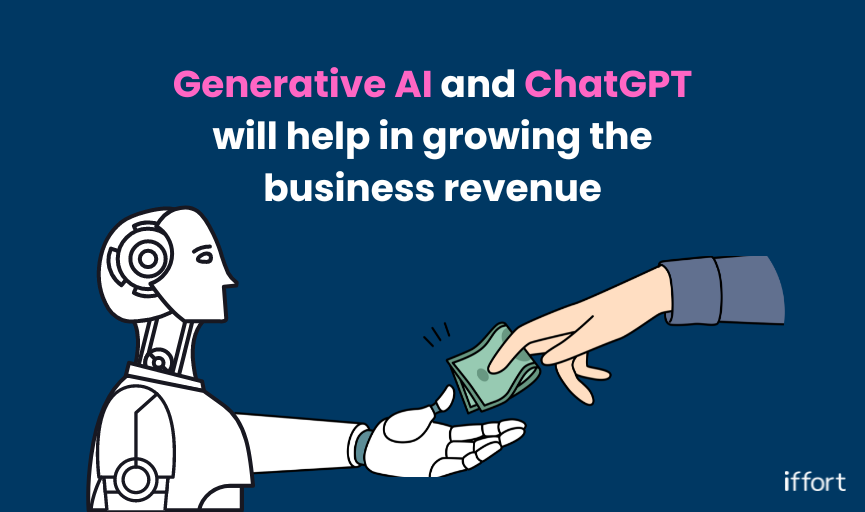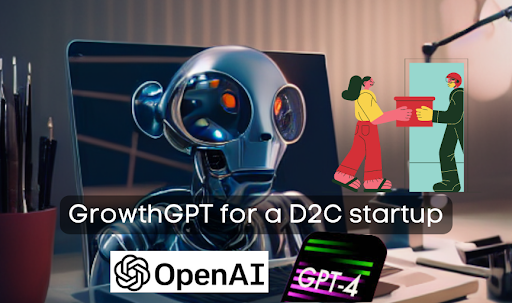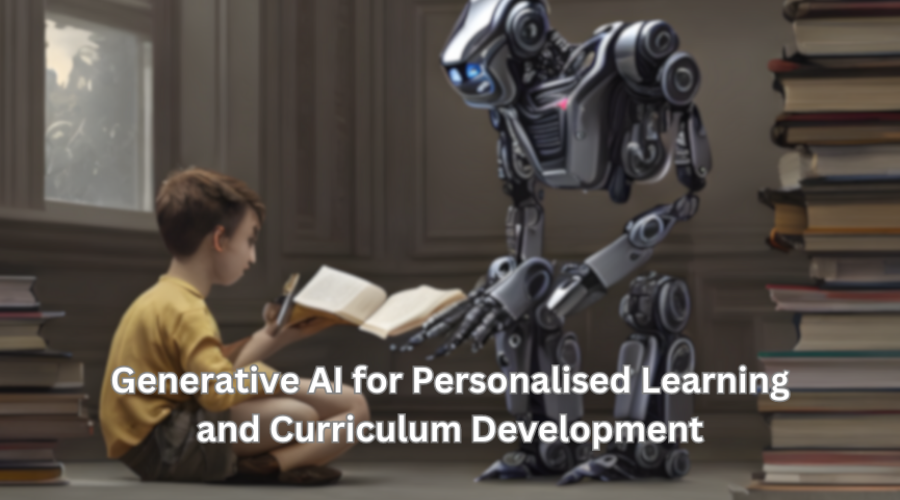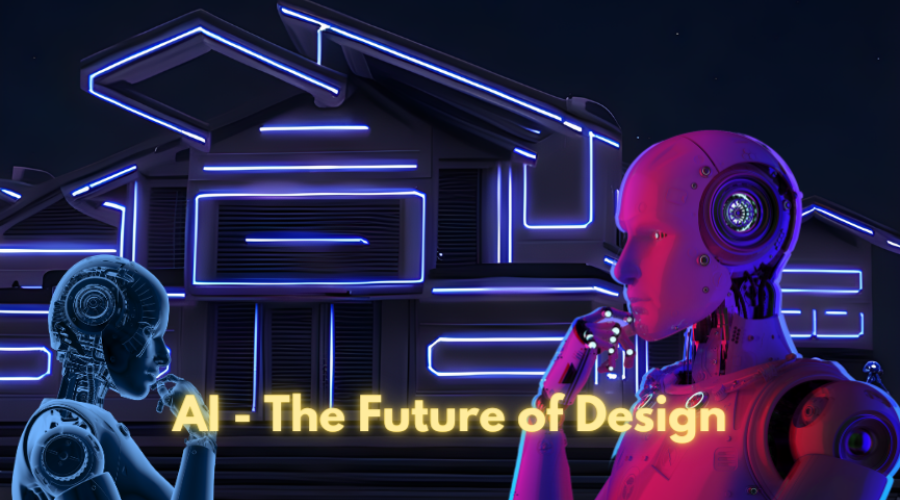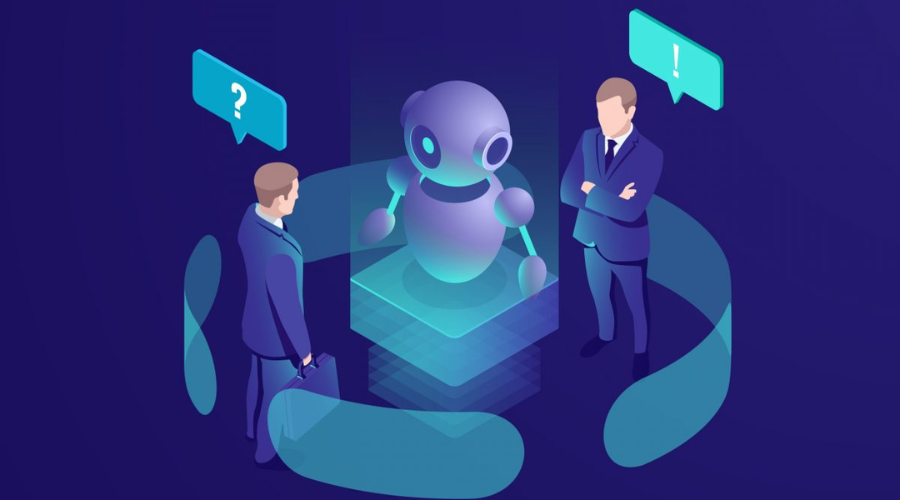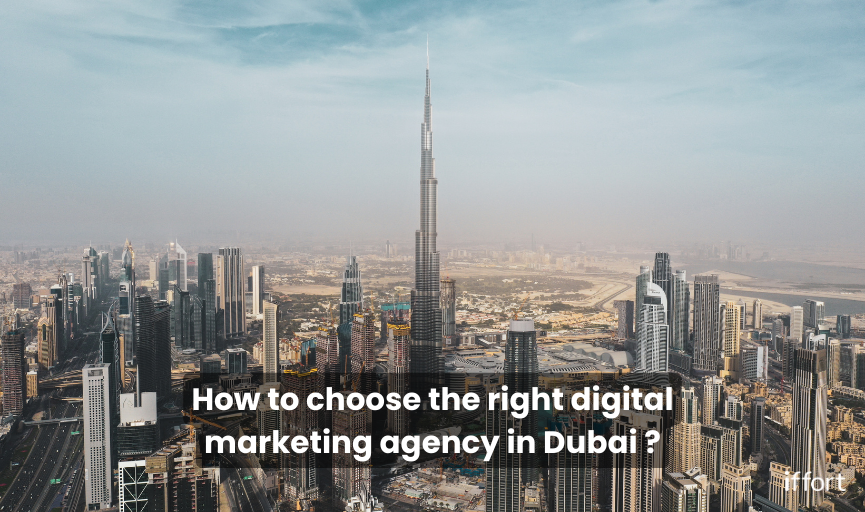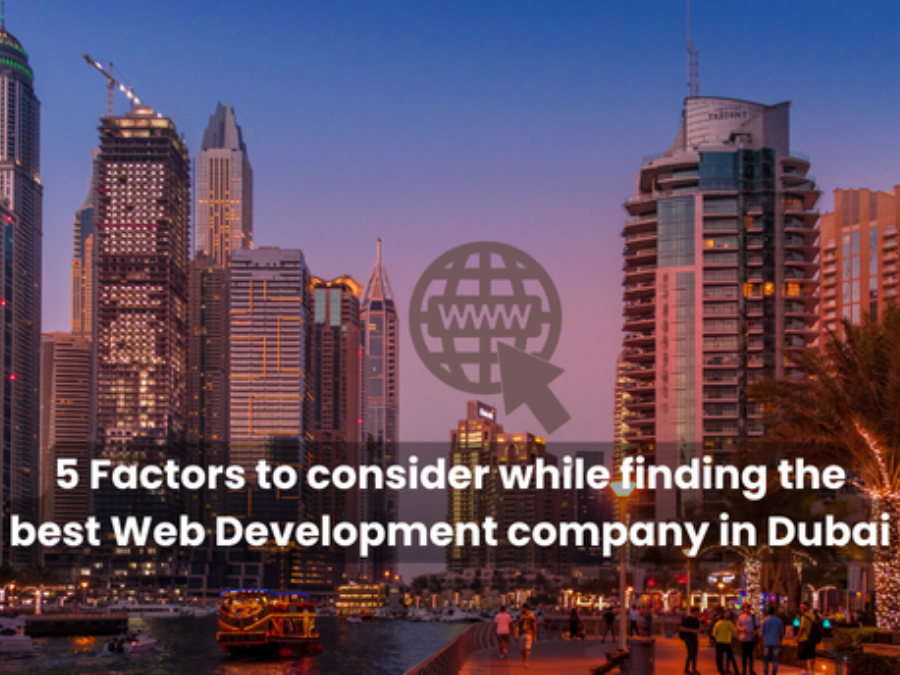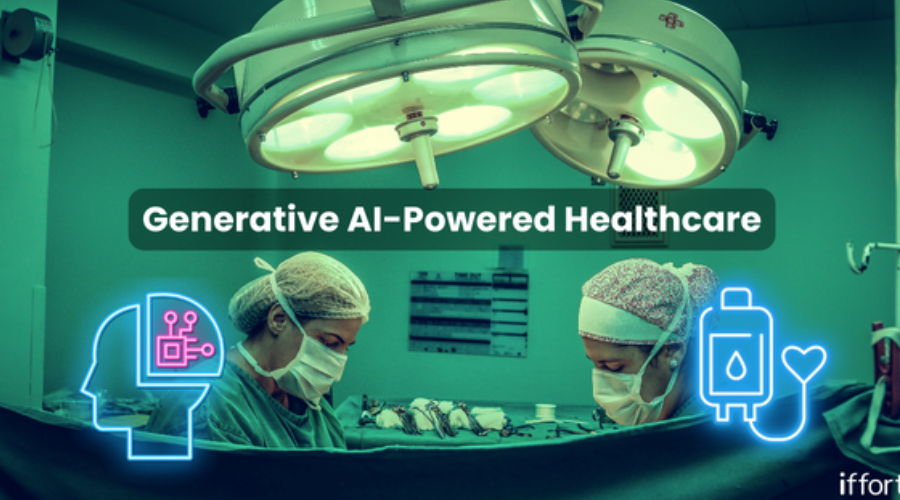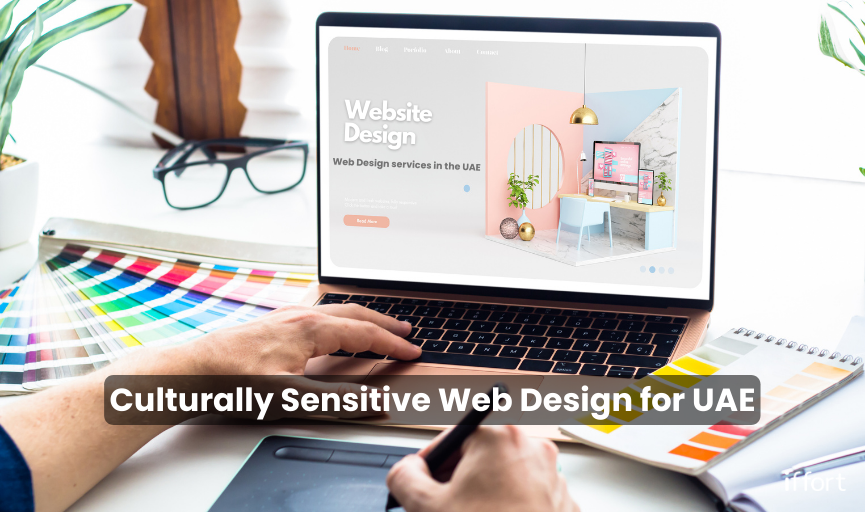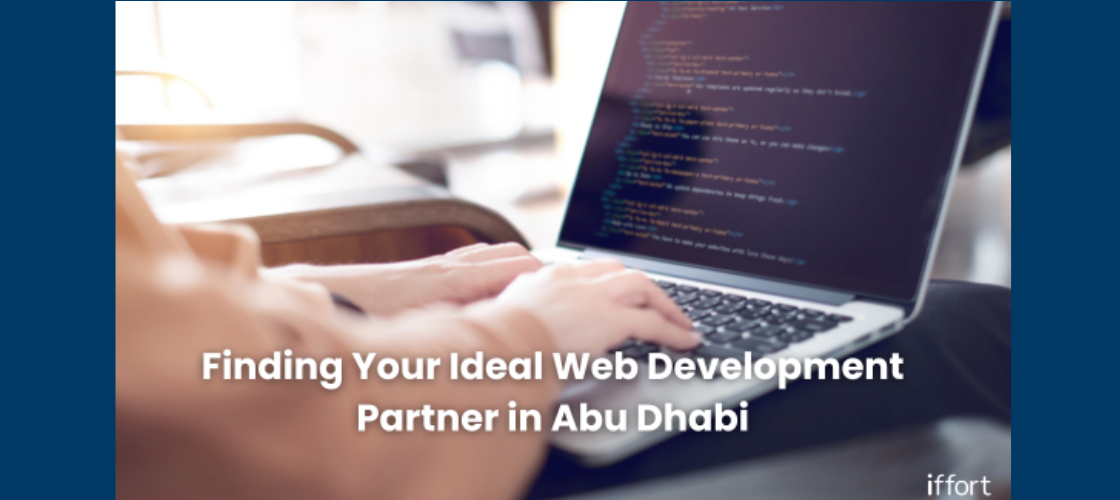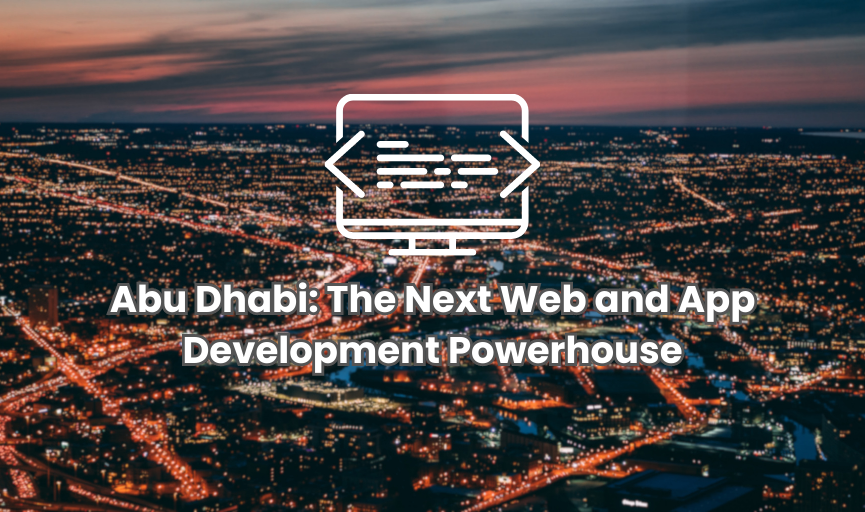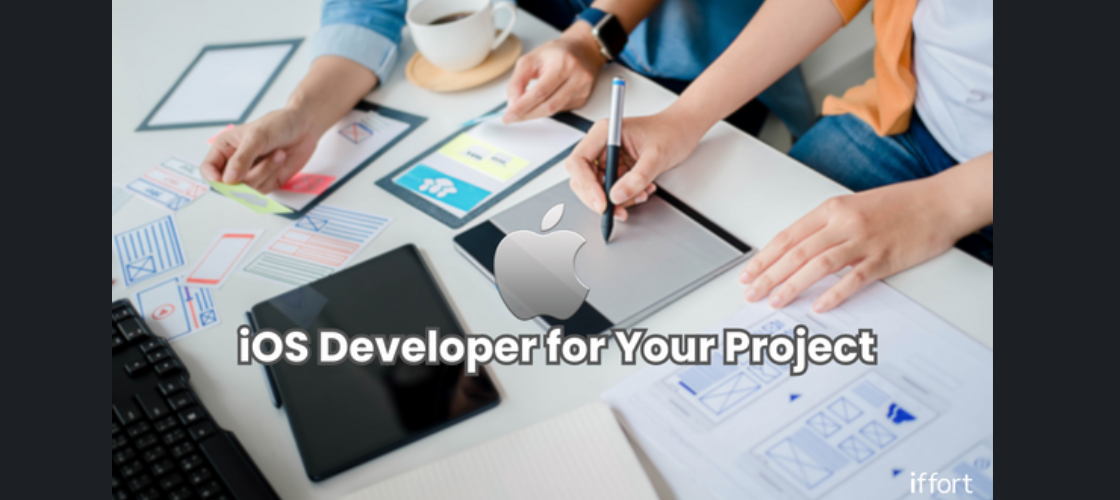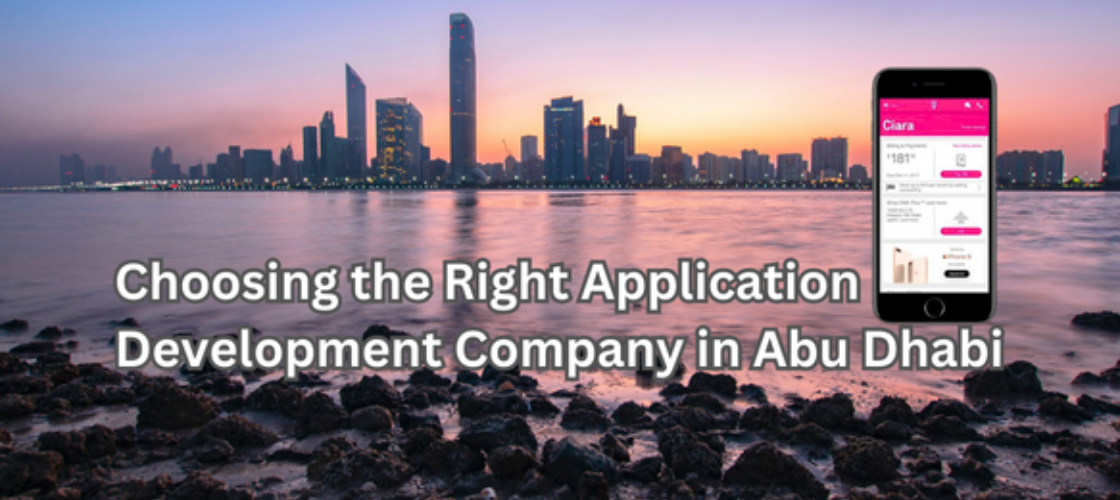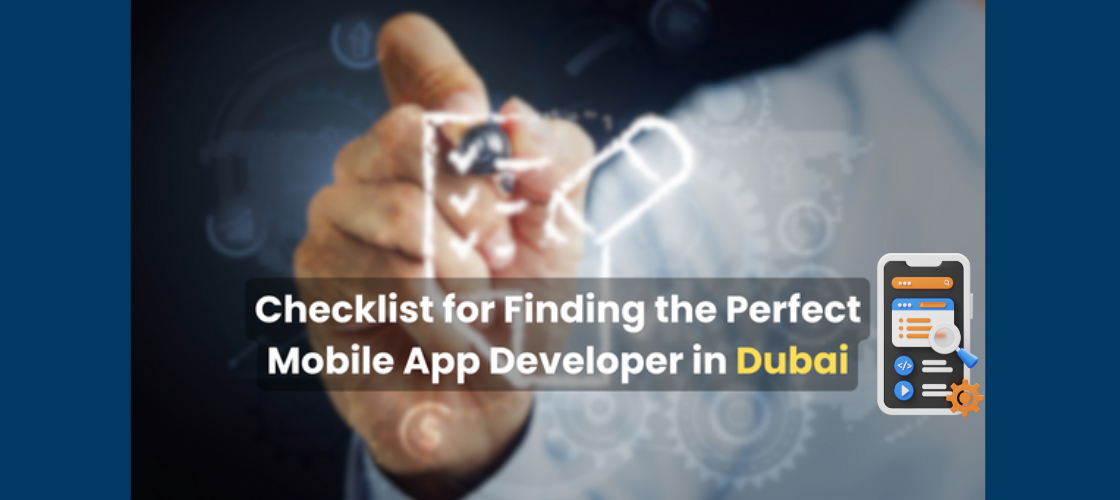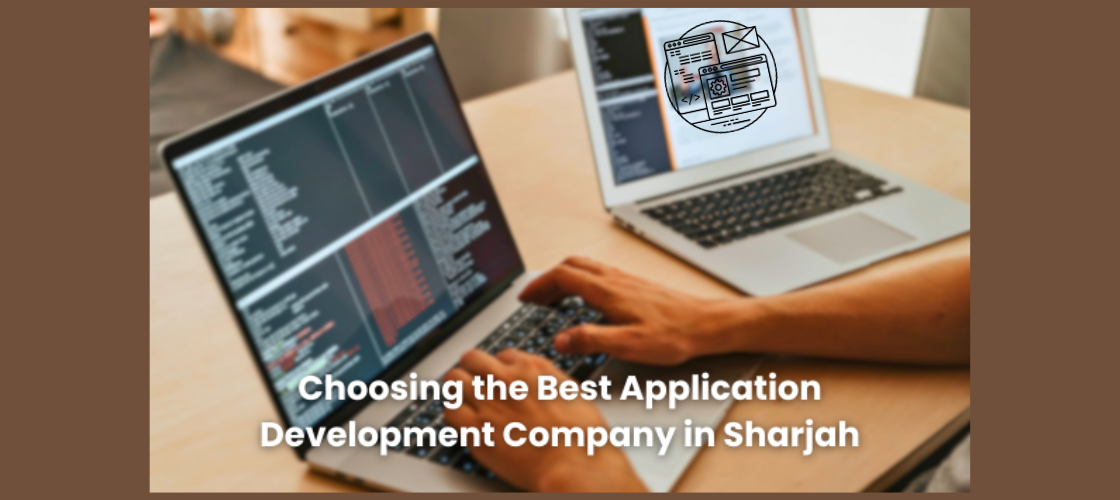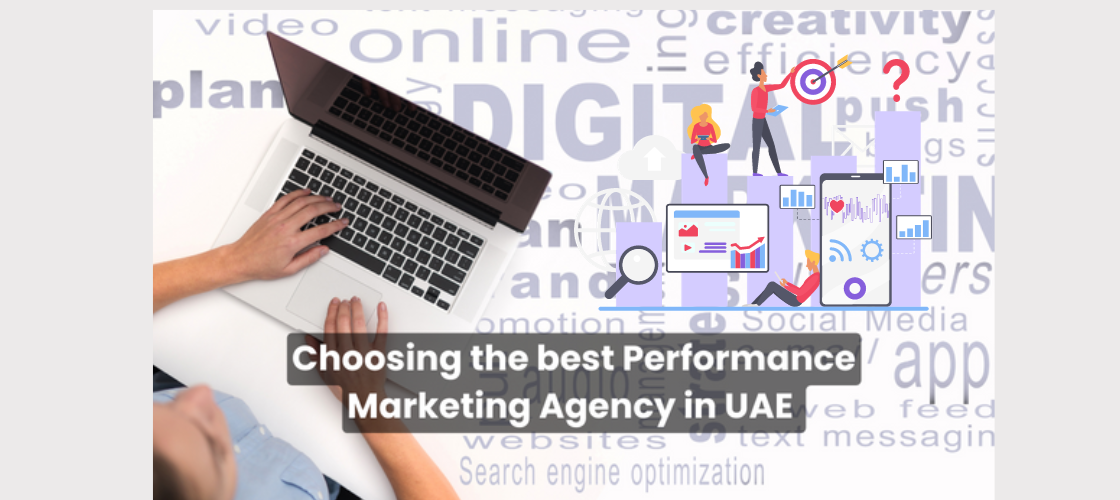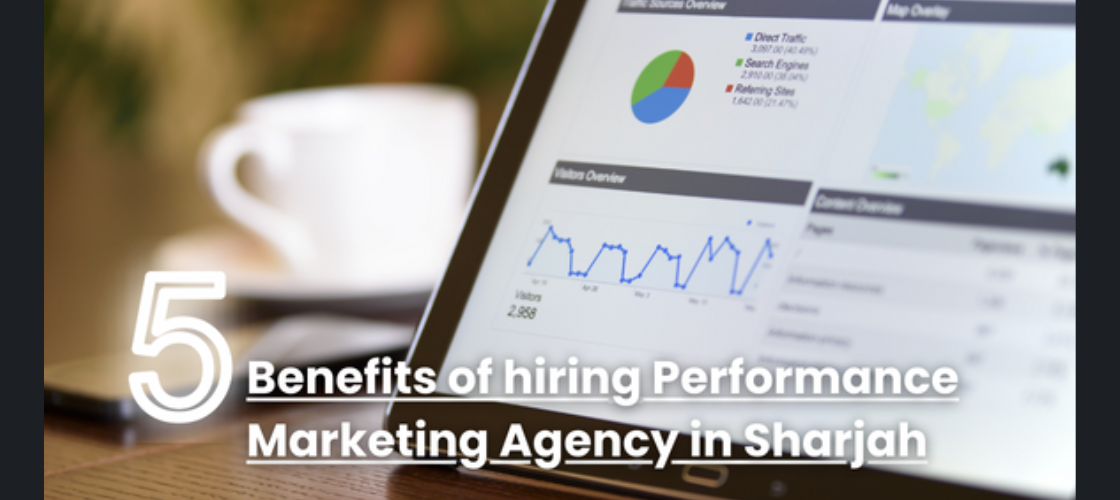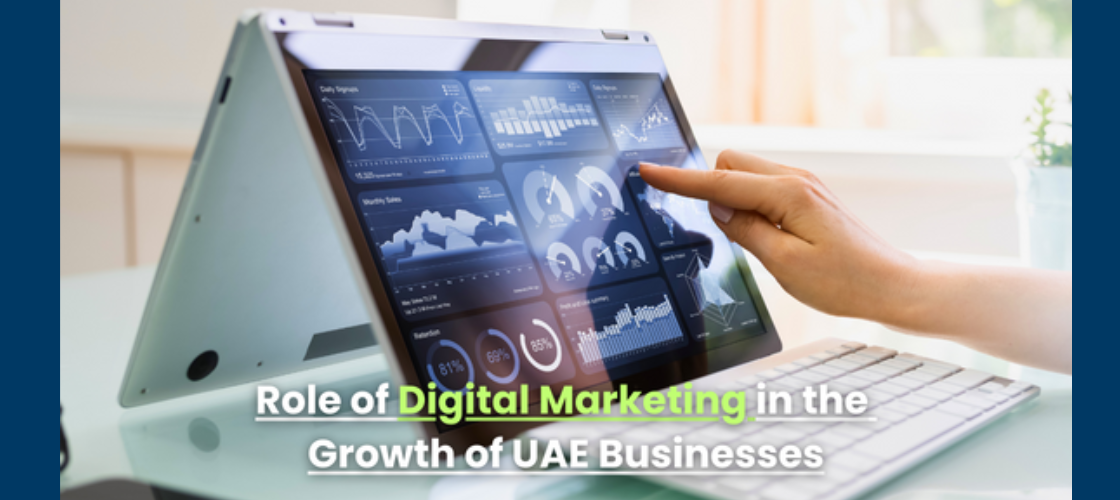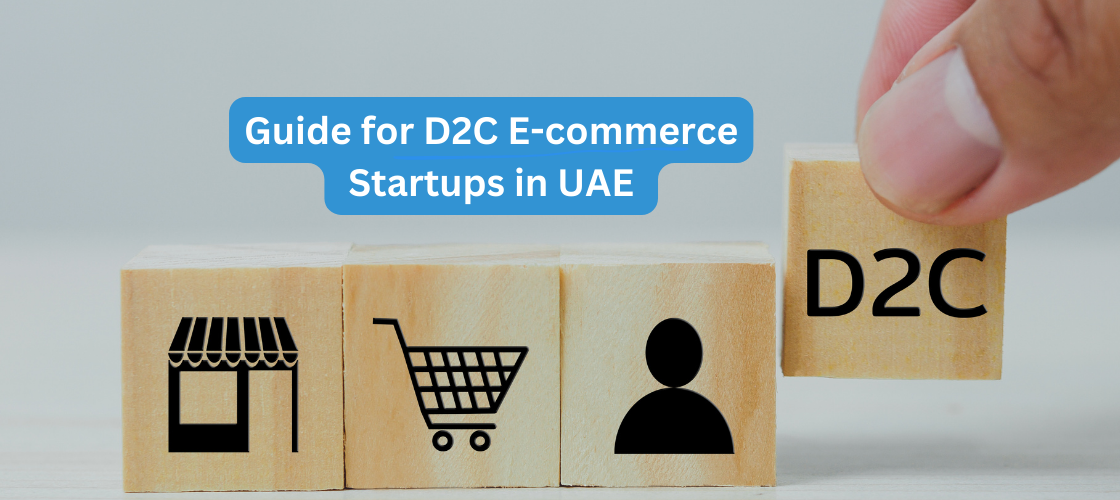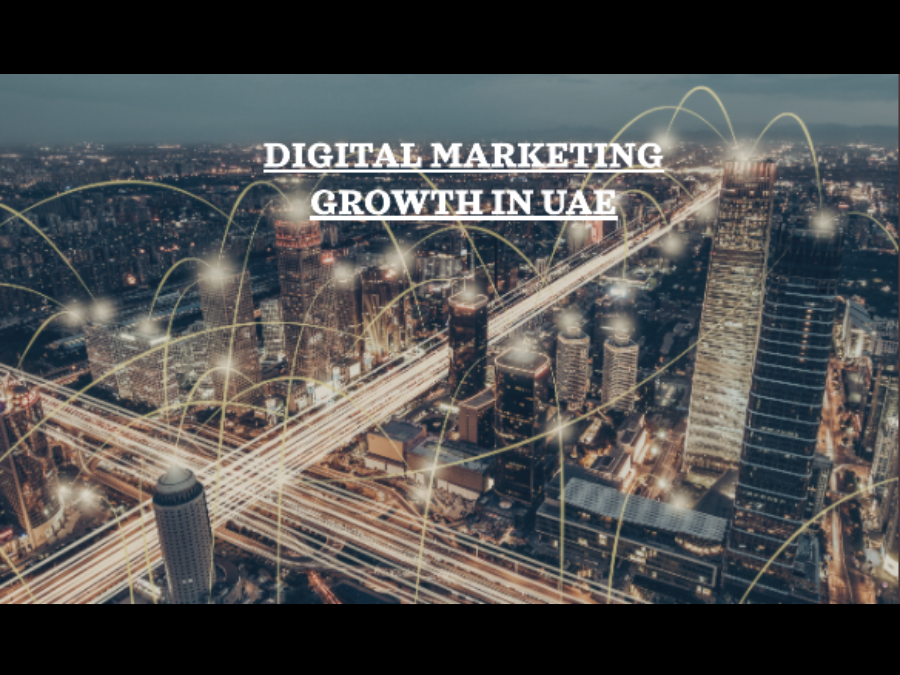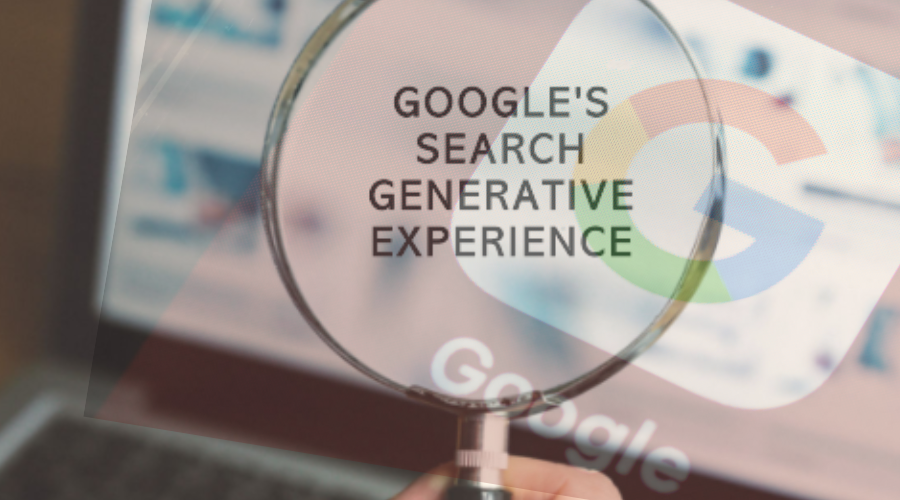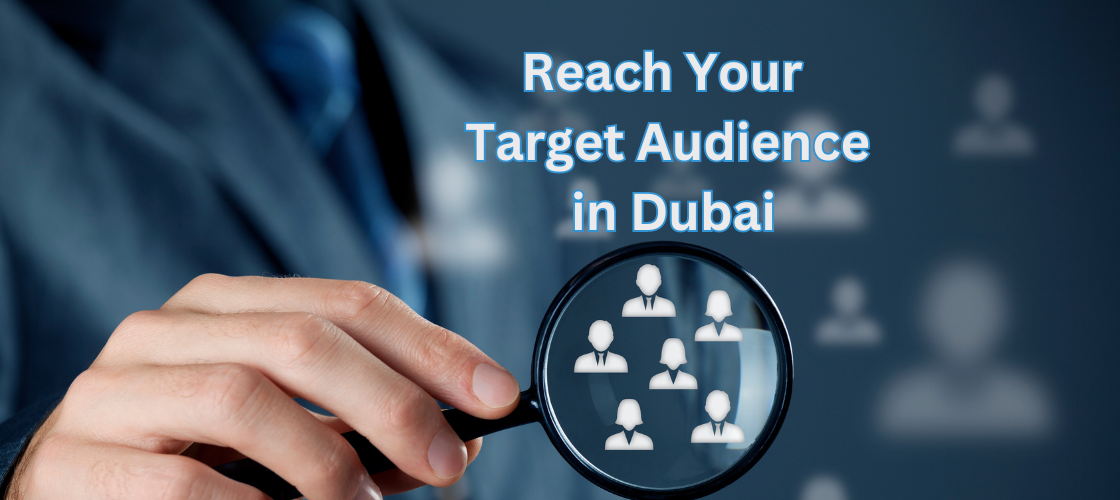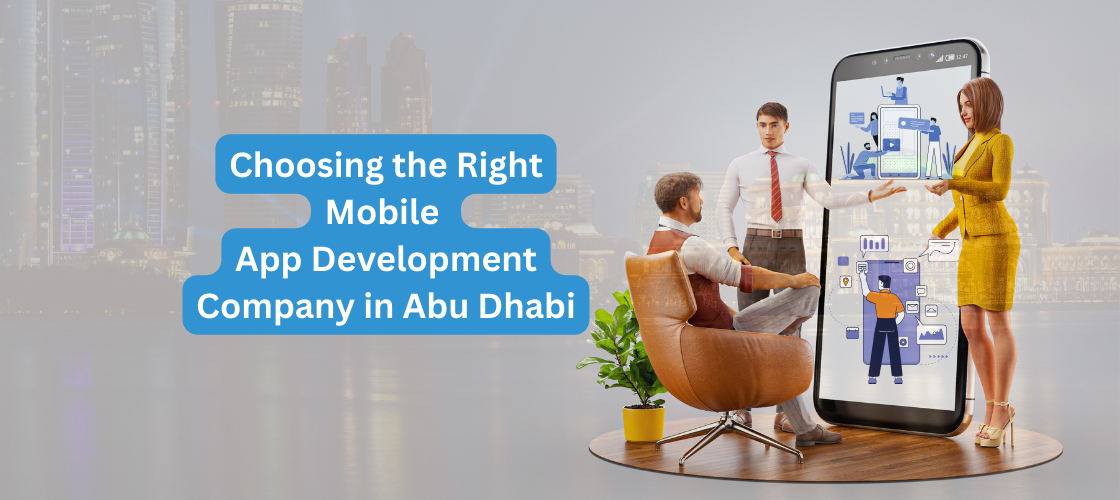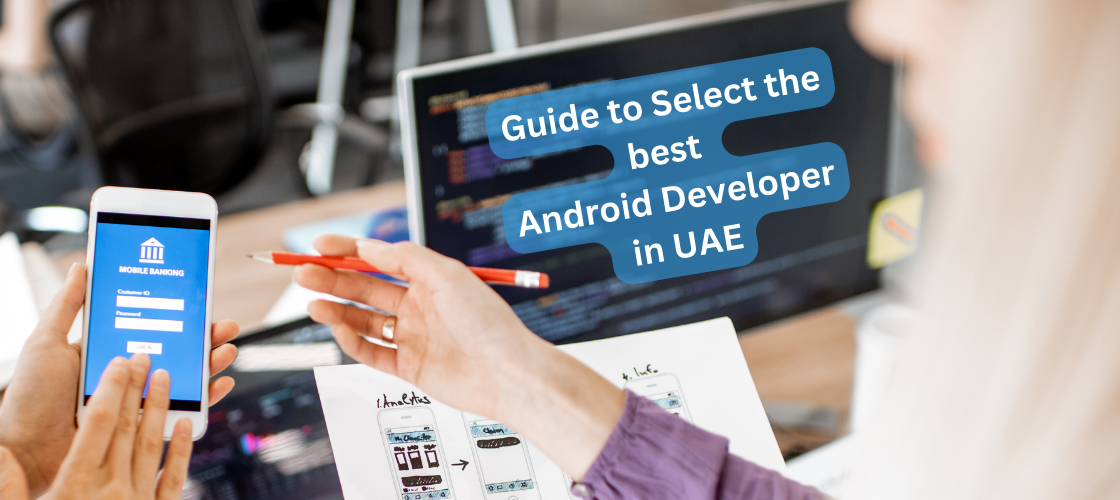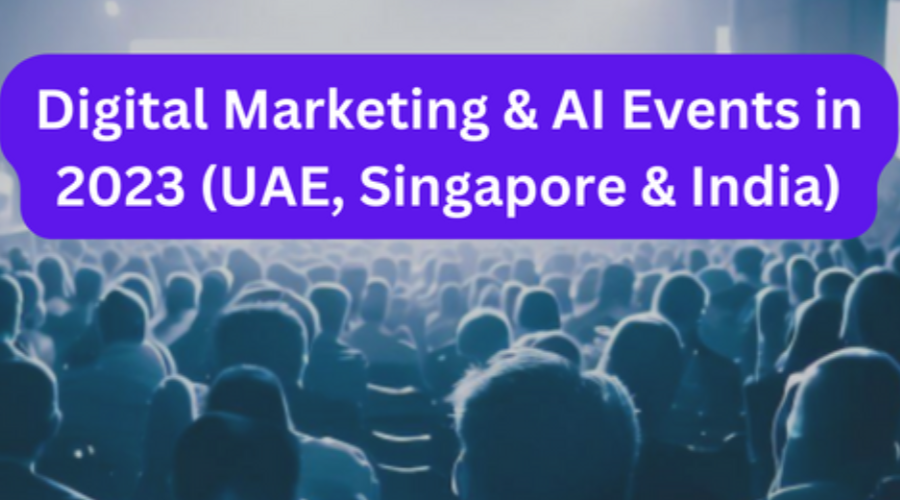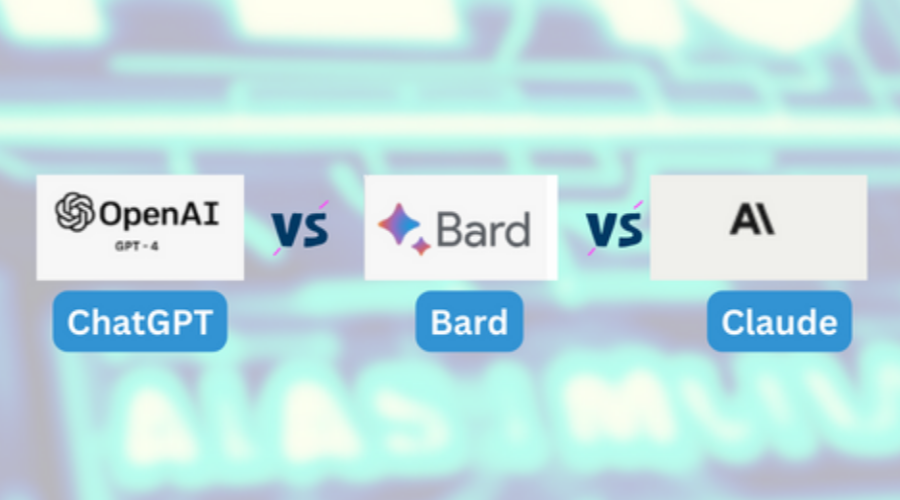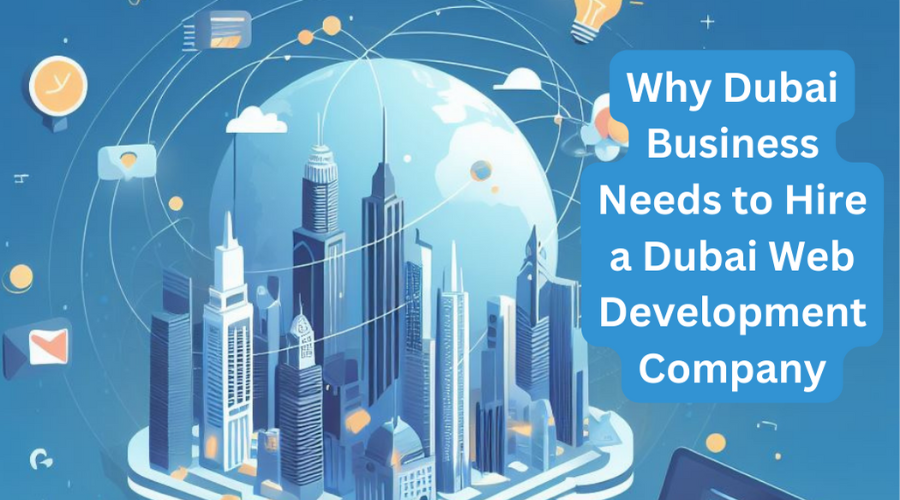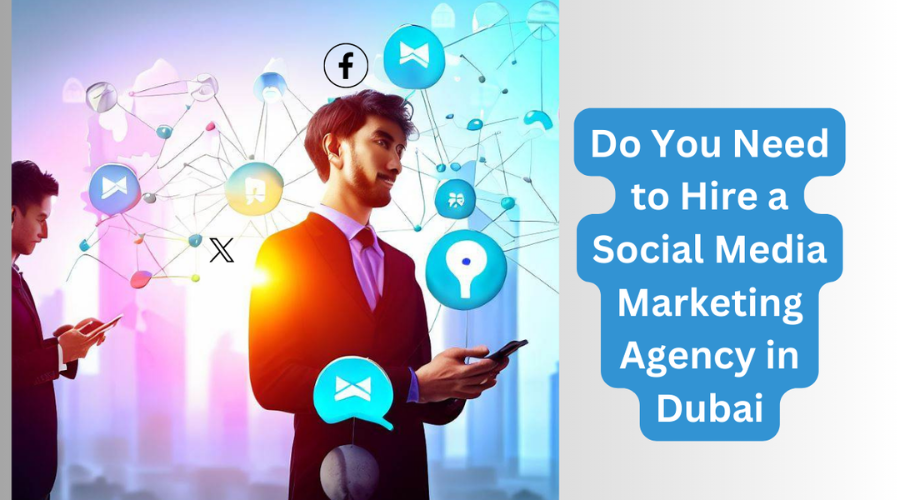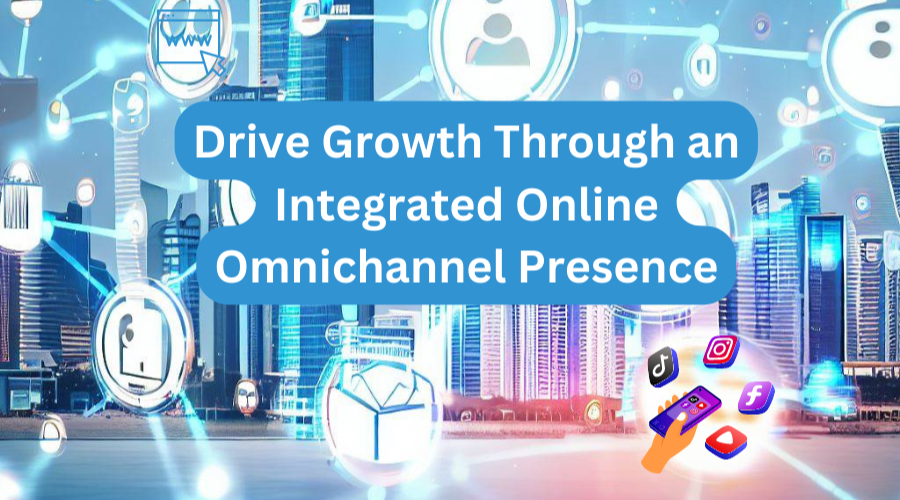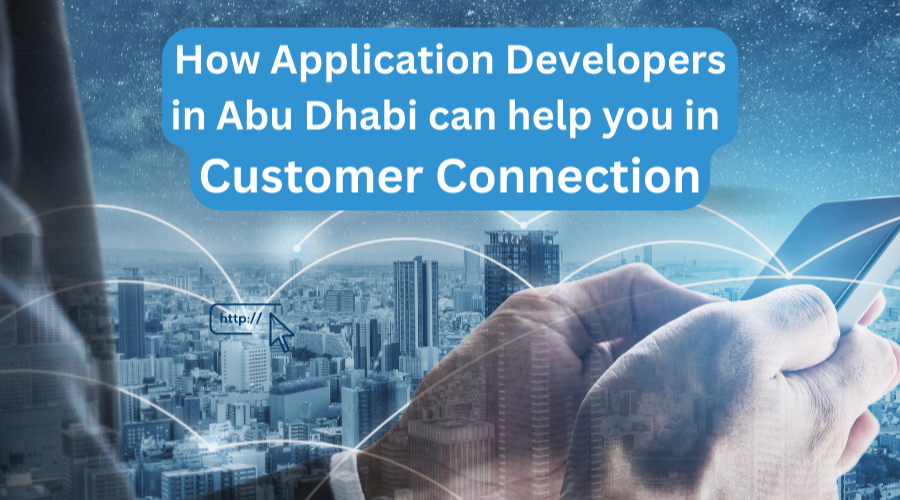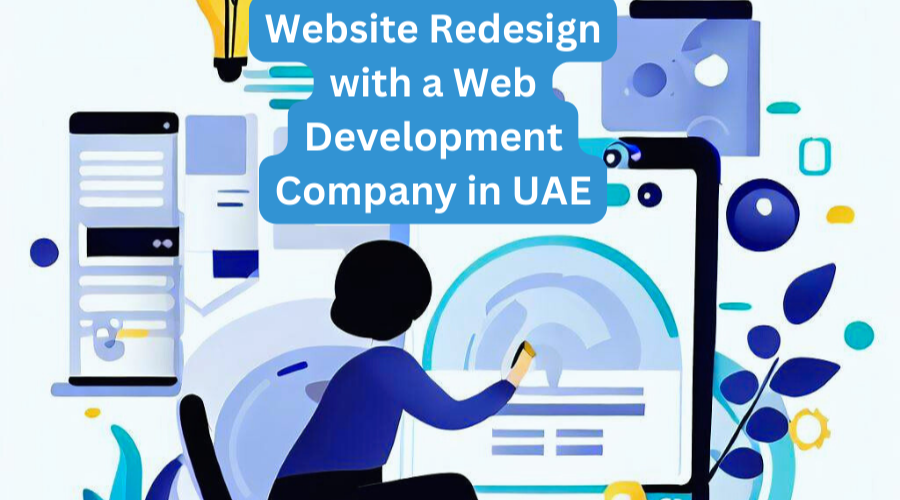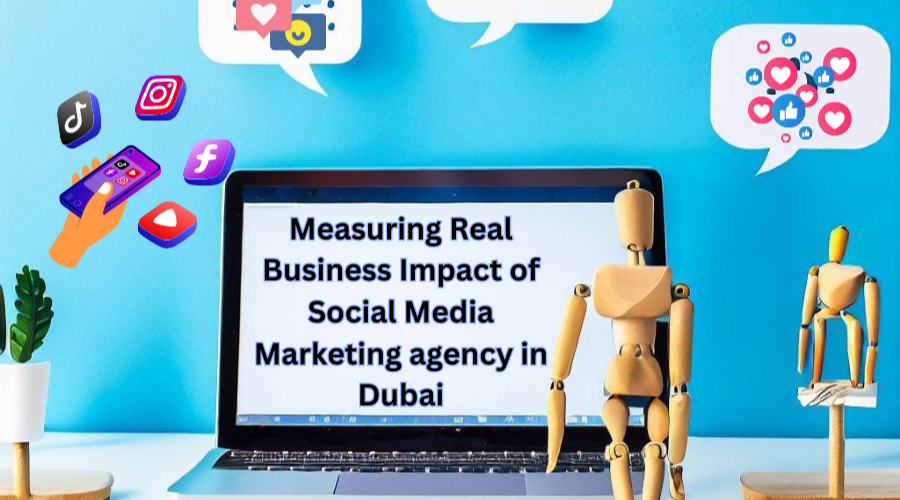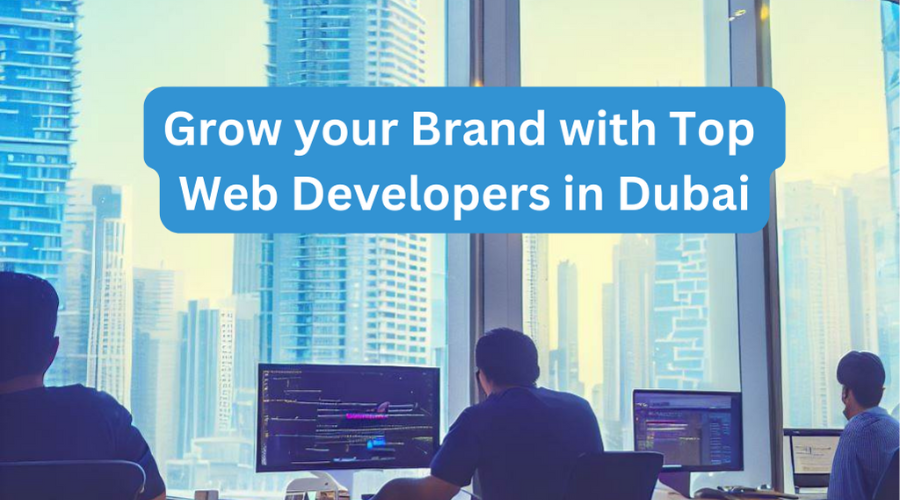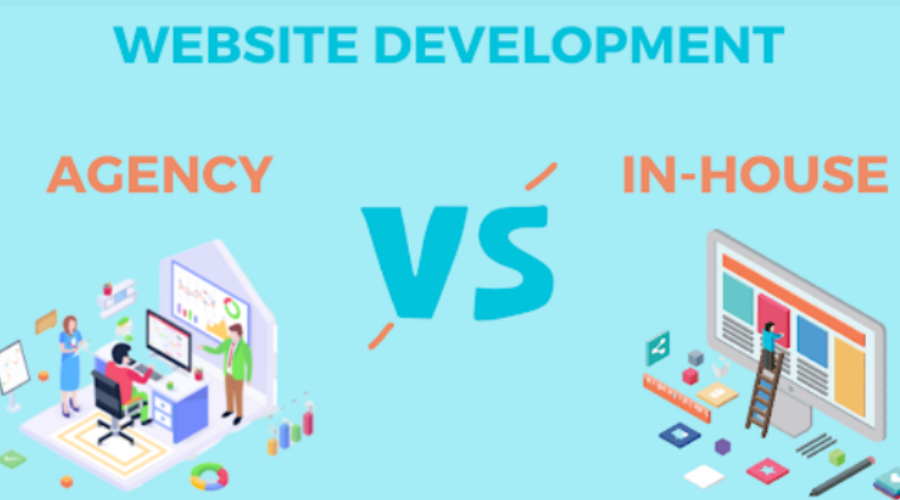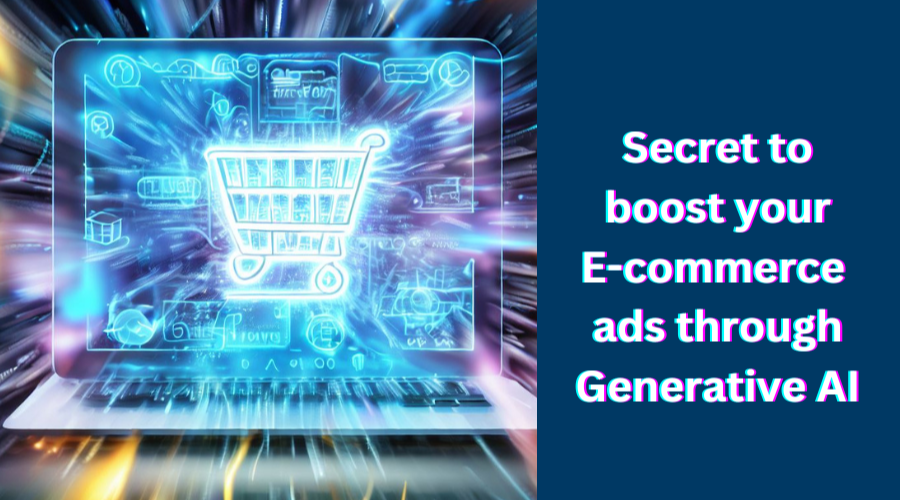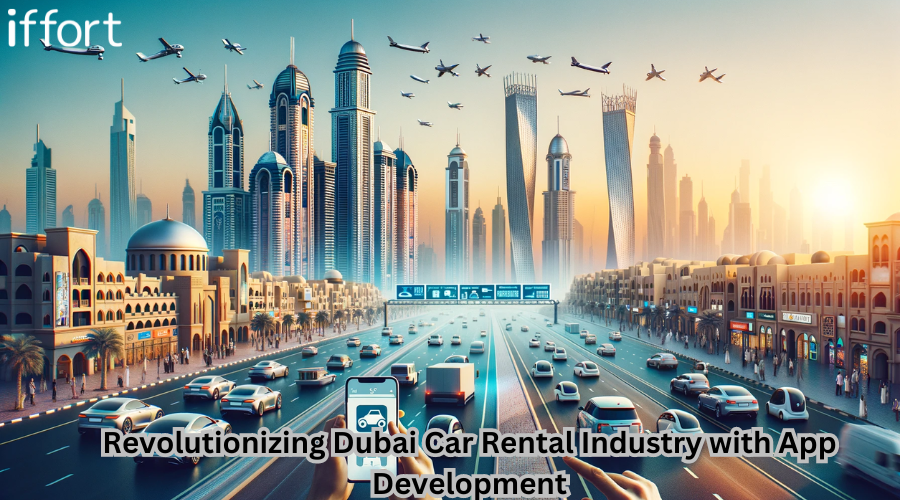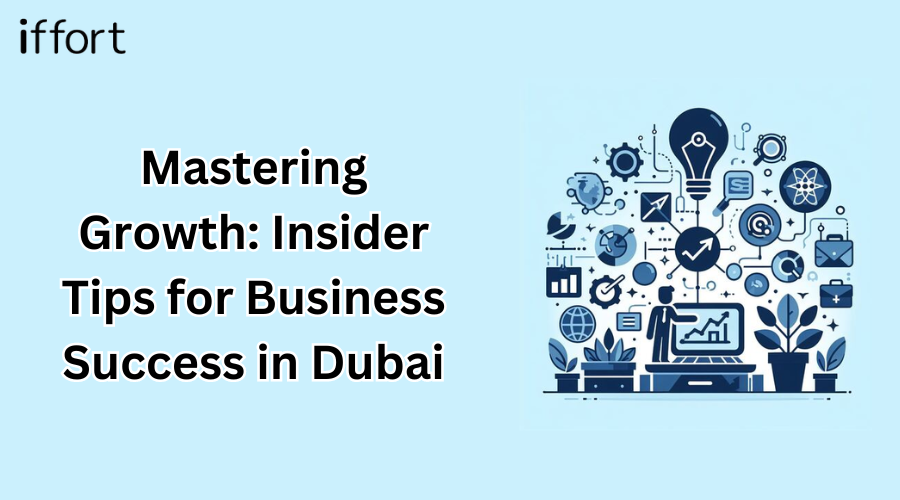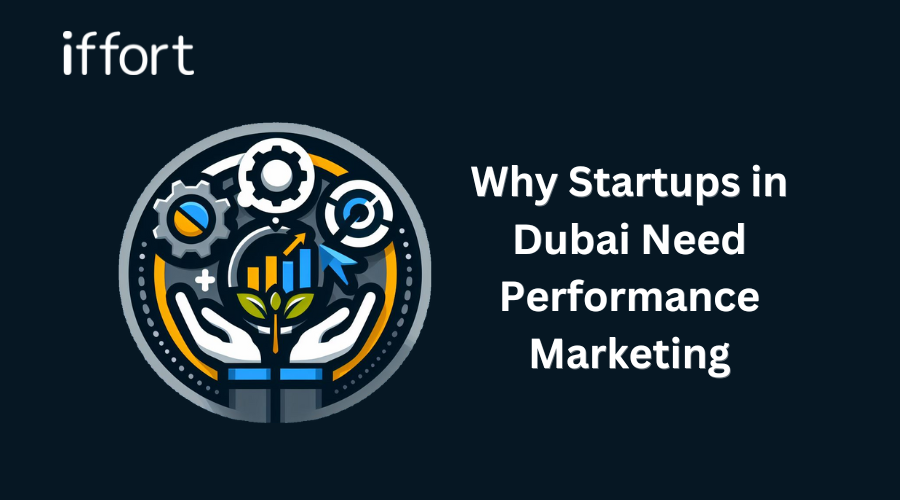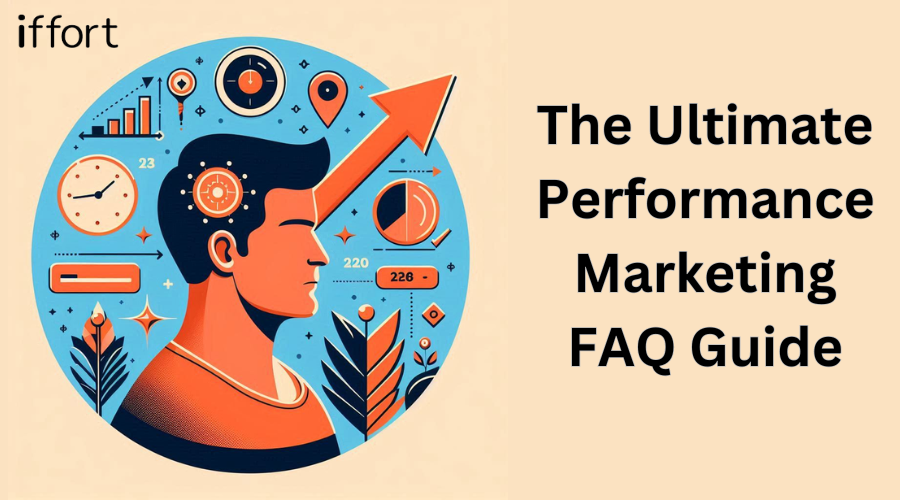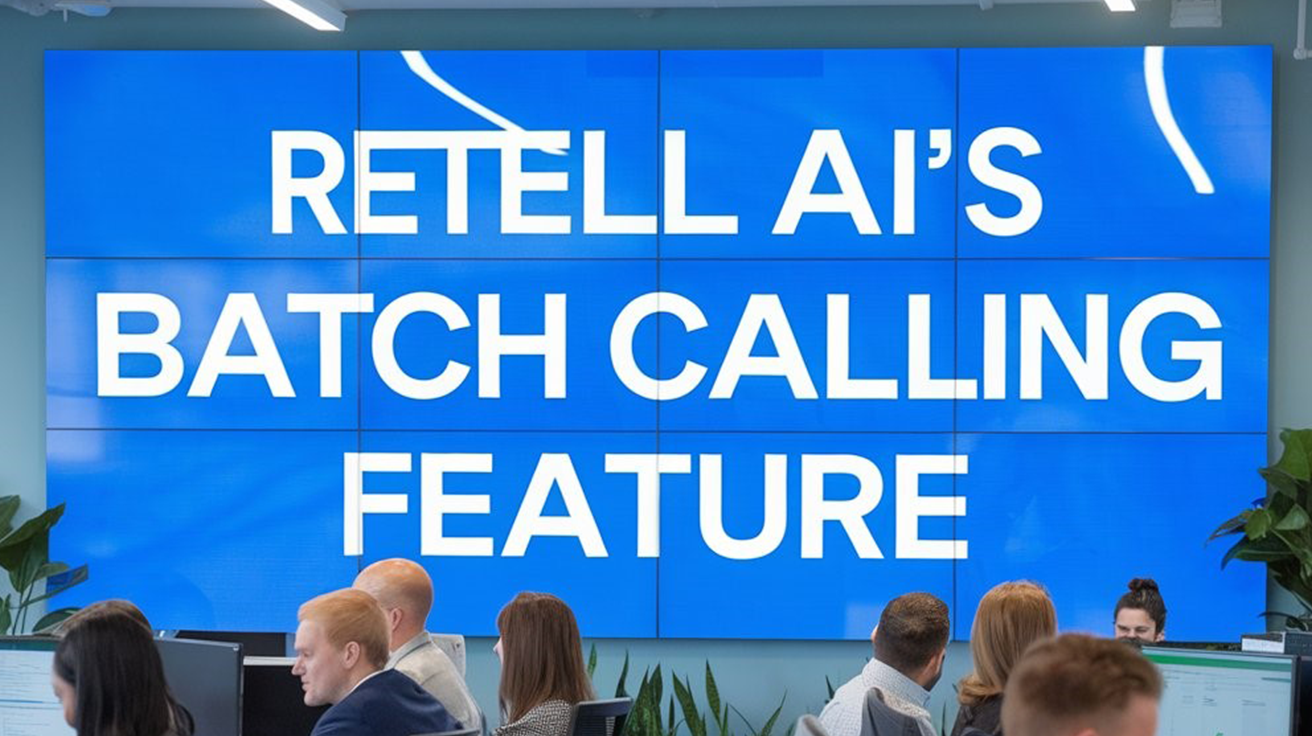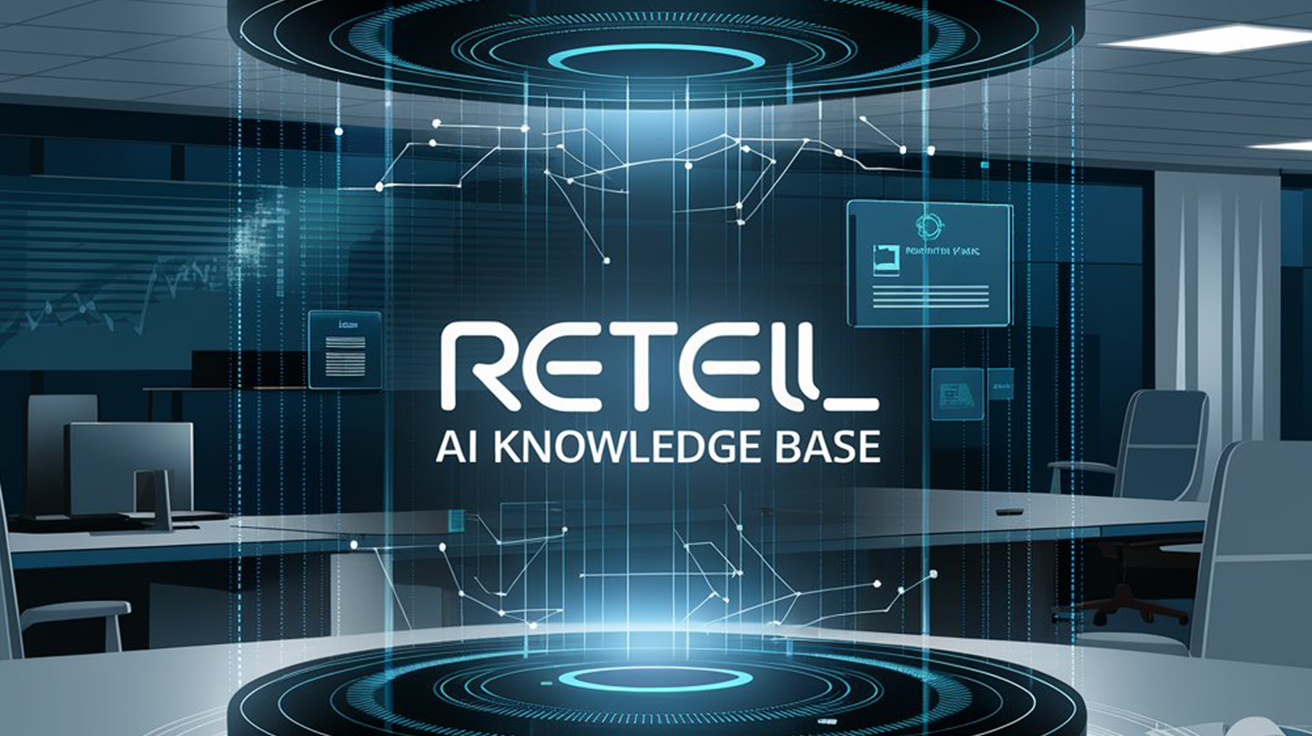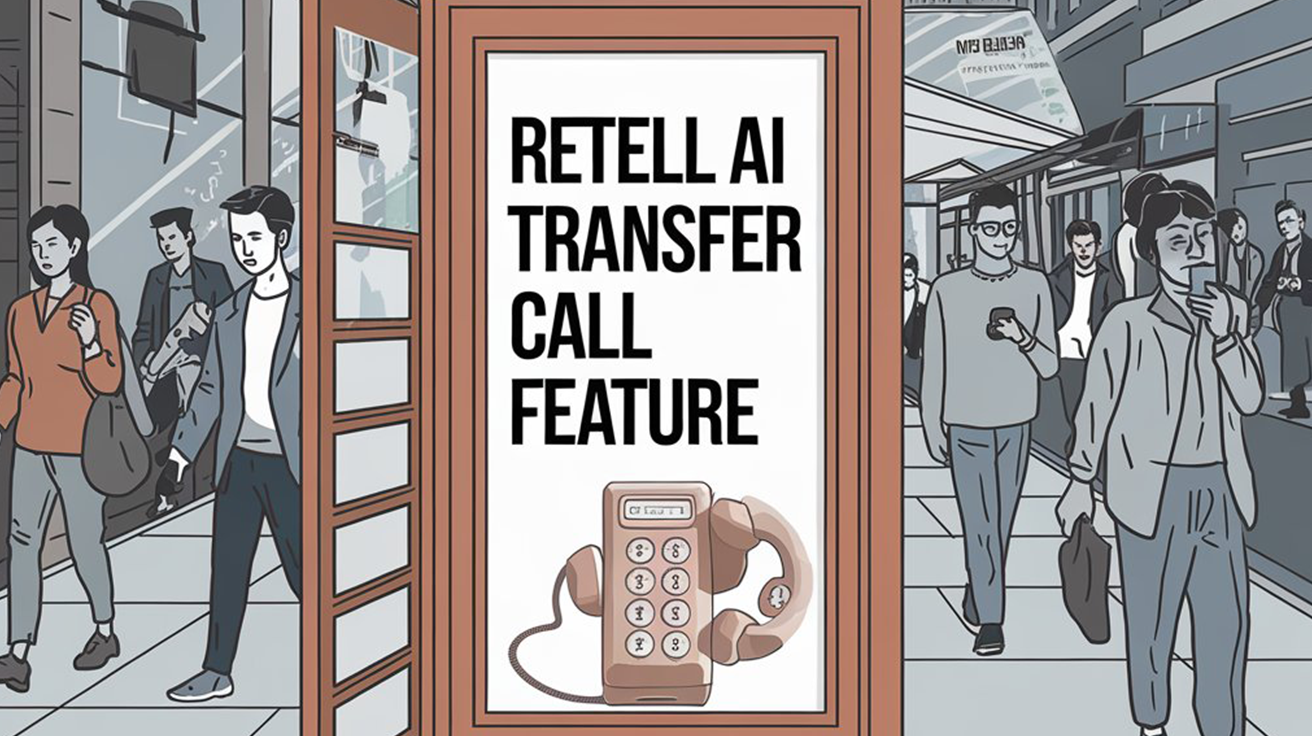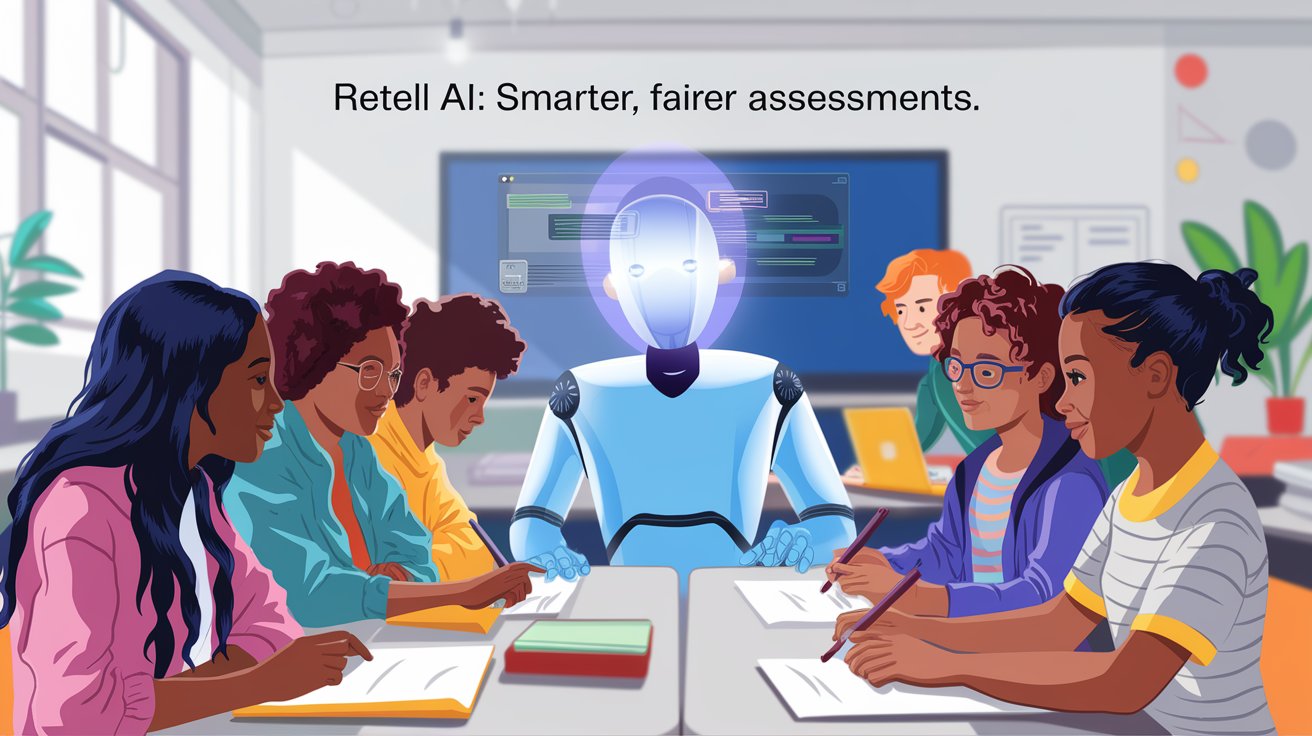- Blog
- How is Generative AI being used in the Healthcare industry?
- AI Articles , Articles ,
- May 4, 2023
“Caution” is perhaps the best way to describe how the healthcare industry is perceiving Generative AI right now. The cautious approach about Generative AI isn’t surprising as the tech is still evolving to have more serious and direct benefits such as diagnosing patients or directly providing medical care. With hallucinating responses, there is obvious risk and anything less than 100% accuracy isn’t good enough as we are dealing with lifes of humans. That said, there are some promising applications that are being explored in AI which demonstrates what the future of Generative AI in the healthcare industry might be.
Re-inventing the Clinical Documentation Process
We had earlier spoken about Nabla on our social media channels. The startup originating from Paris is bringing AI-driven documentation superpowers to clinicians.
Multimodal Capabilities in Healthcare
Shifting gears, let’s explore multimodal capabilities in healthcare. This field is witnessing innovative developments across diagnostics, secondary opinion, and research capabilities. A perfect example of this is the multimodal GPT-4 demo by London-based hardware engineer Aaron Vidal. The demo demonstrates how OCR on the iPhone extracts text from an image or website and then passes it to GPT-4 for context.
Qure.AI, disruption in the X-ray reporting time
Another breakthrough comes from Qure.AI, which has dramatically reduced X-ray reporting time. With an impressive dataset of over 4.3 million X-rays, Qure.AI provides highly accurate reports in just around two minutes and is currently being used at hospitals such as the Government Gandhi Nagar Hospital in Jammu, India, to lighten the doctors’ workload.
Clinical Plan outputs with Glass Health
The contributions of Glass Health, a San Francisco-based innovator, are noteworthy too. Their latest tool, Glass AI, uses Language Model (LLM) technology to analyze symptoms and generate diagnoses or treatment plans, thereby enhancing physicians’ clinical acumen.Glass Health, the brainchild of Dereck Paul and Graham Ramsey, was established in 2021. It is designed to accelerate medical learning for physicians, enabling them to utilize their acquired knowledge for enhanced patient care.
Also Read: Impact of AI in healthcare industry
AI powered Skin Scanning in myGP
In the realm of generative AI’s influence on the healthcare industry, an innovative breakthrough has been made by myGP app, UK’s premier independent medical app. The app has introduced a pioneering feature – free AI-powered skin scanning. This AI skin checker essentially becomes a personal health advisor, empowering users to take proactive control of their skin health. All users need to do is capture a photo and upload it via the myGP app. This straightforward process takes only a few seconds, and the AI rapidly generates the five most probable skin disease results, ranking them in order of likelihood. Remarkably, this groundbreaking feature is available to over 2.7 million users of the myGP app and can be utilized entirely anonymously. By infusing generative AI in healthcare, myGP is not only revolutionizing skin health management but also setting a precedent for other healthcare providers.
DocsGPT, a doctors version of ChatGPT
Doximity, a renowned digital hub for healthcare professionals, has recently launched a beta version of a ChatGPT tool. This innovation is specifically designed to assist doctors in efficiently managing some of their most tedious administrative tasks, like creating and faxing preauthorization and appeal letters to insurance providers. The beta site, aptly named DocsGPT.com, is an ingenious integration with ChatGPT and is paired with Doximity’s complimentary fax service.
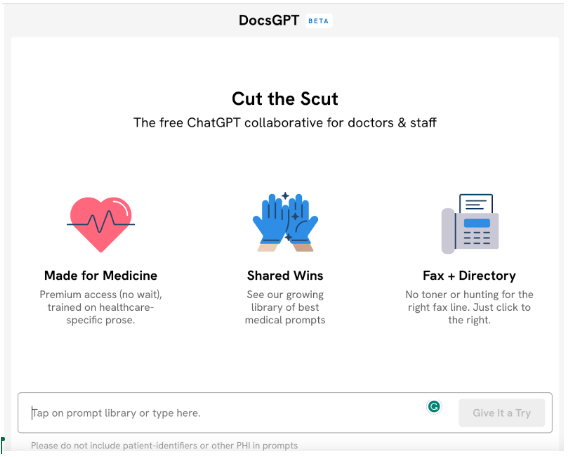
Generative AI has long way to go in the healthcare industry and what we’re seeing now are just some early trends. The way we need to look AI is not an existential threat or replacement for doctors, but a strong tool in their skillet. It isn’t currently meant for accurate diagnosis but providing operational support, decreasing workload and improving systems. In the coming future, AI will be an always-on intelligent assistant that will significantly transform the lifes of patients, doctors & the industry as a whole.
Iffort serves as the go-to partner for businesses seeking to responsibly and effectively implement Generative AI. Our dedication to innovation and expertise, positions organisations at the forefront of healthcare’s future, ensuring that the advantages of Generative AI are accessible to all. Join forces with Iffort, and together, let’s transform healthcare for a brighter, healthier tomorrow.

